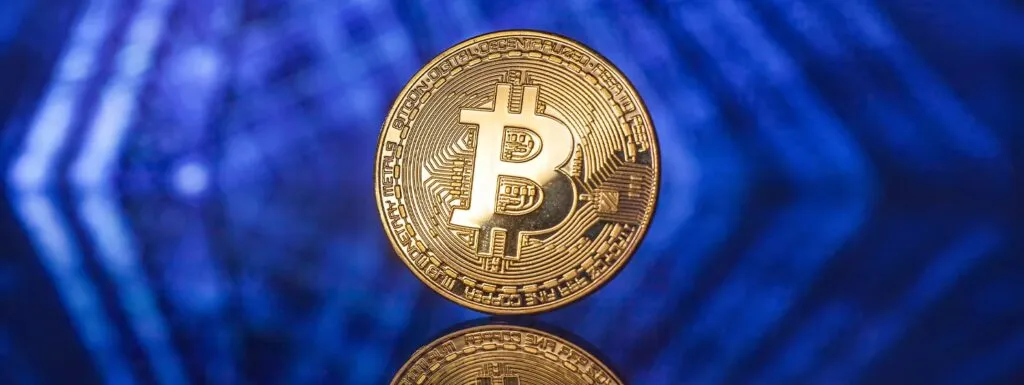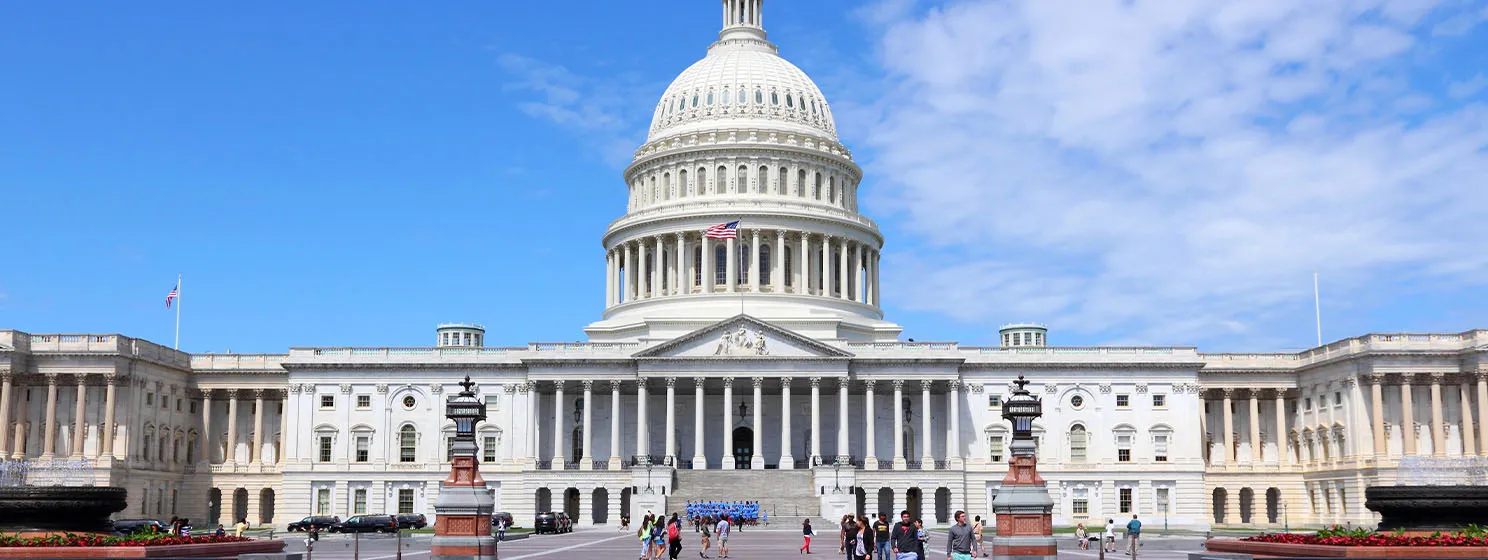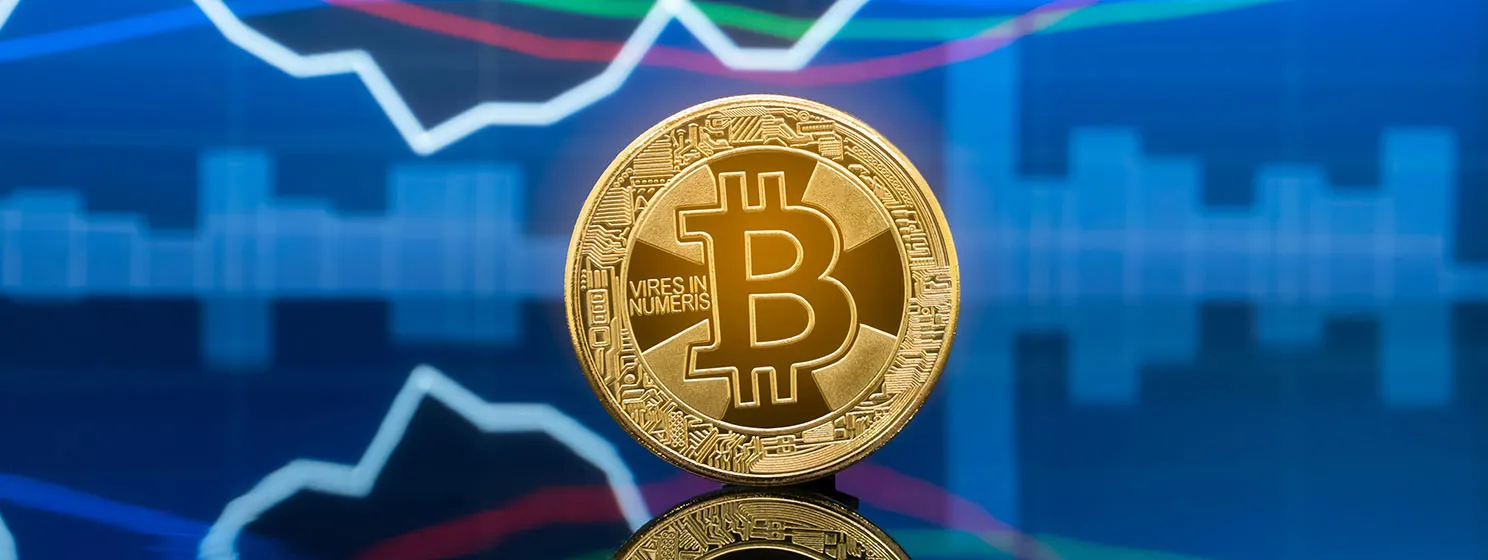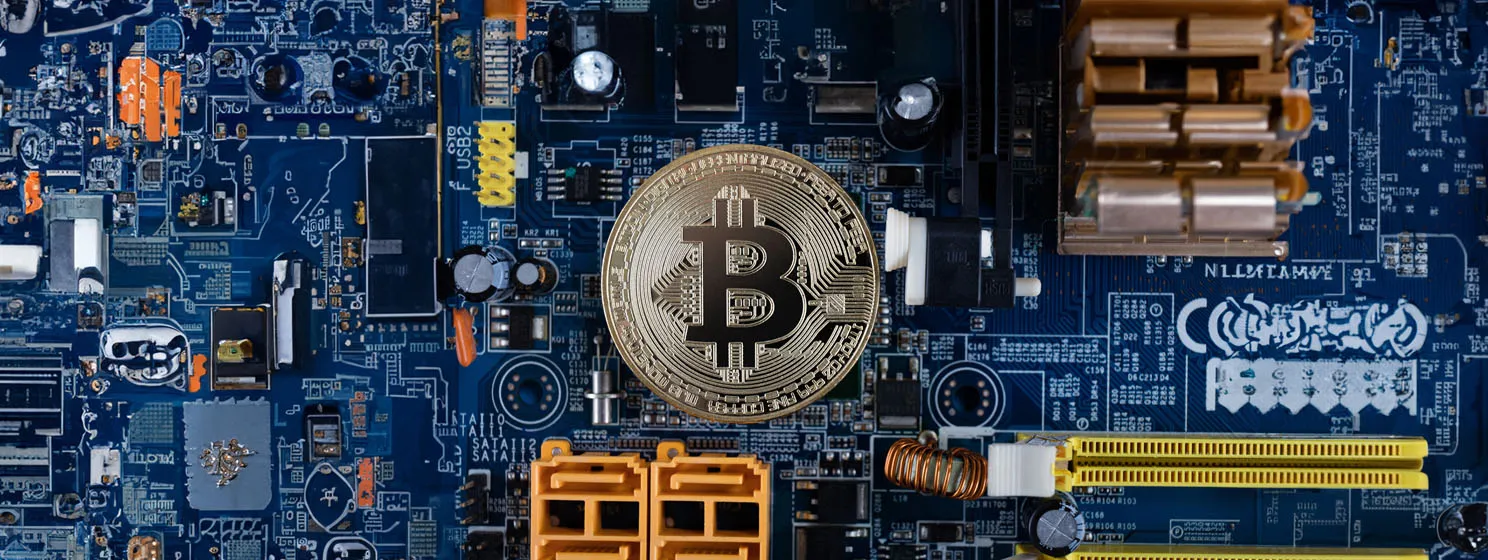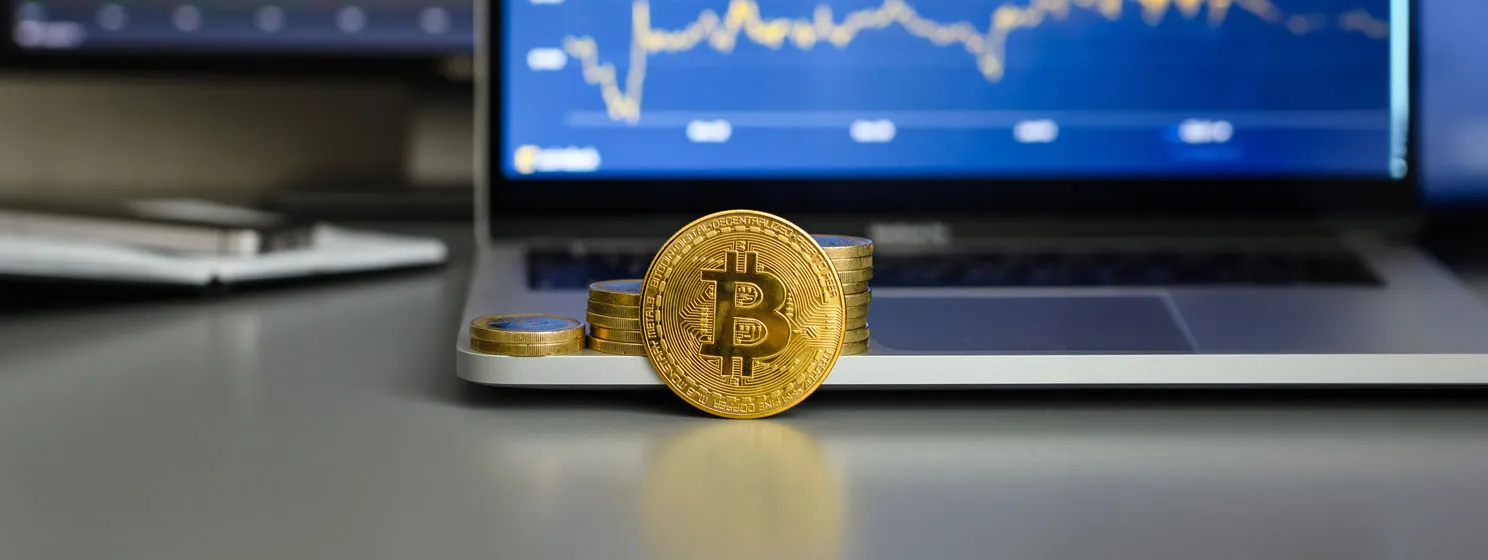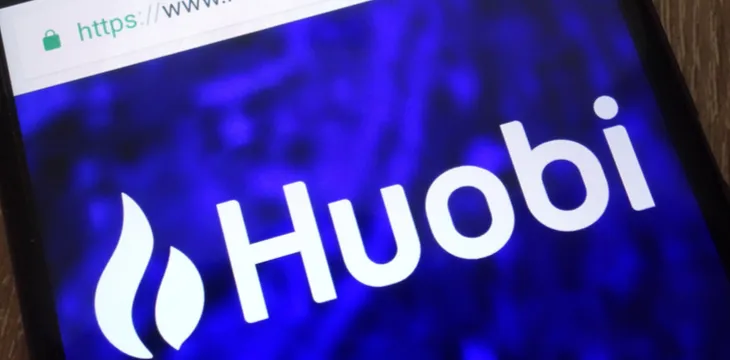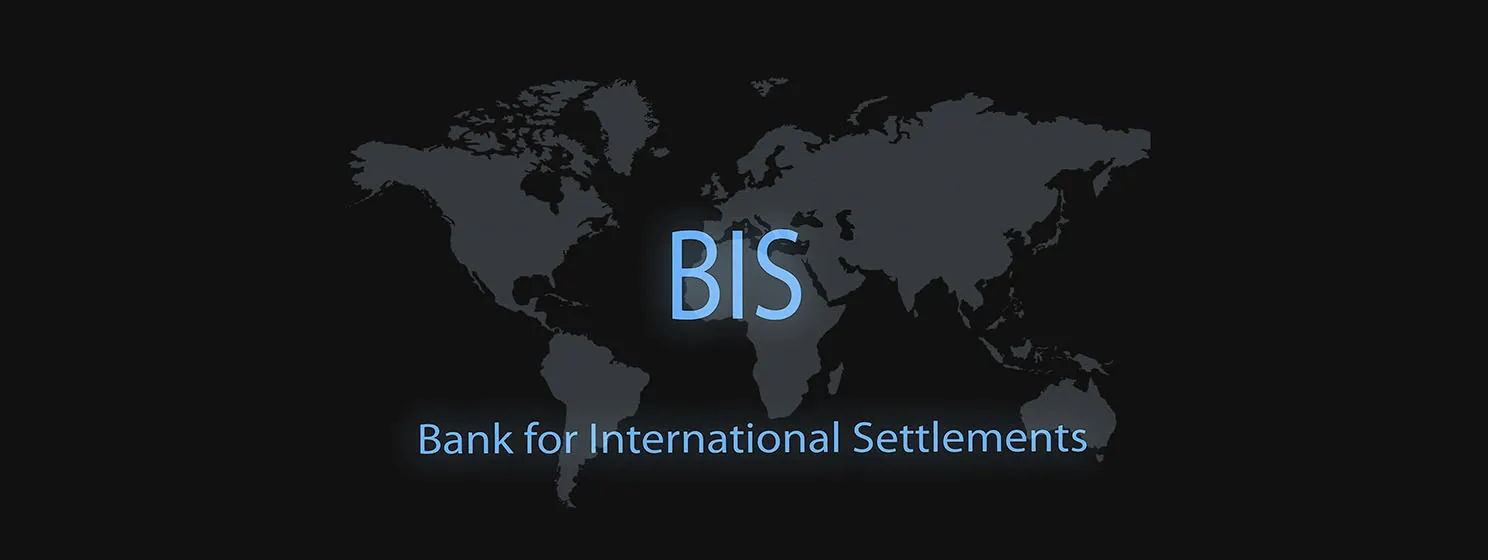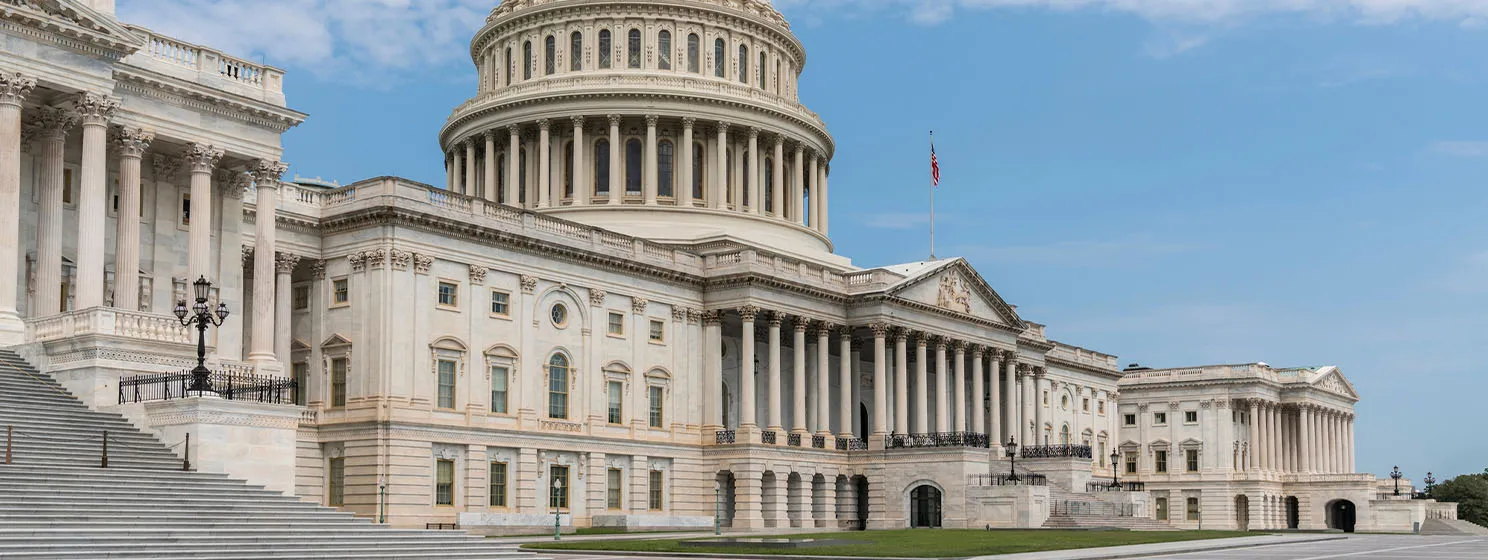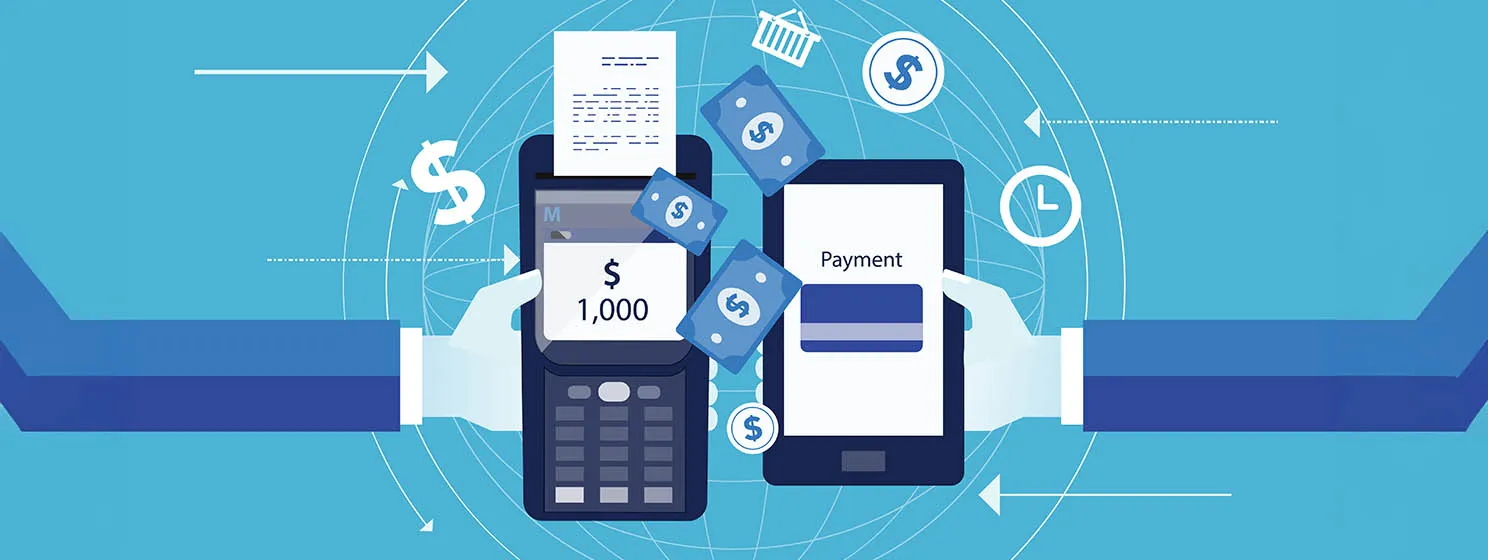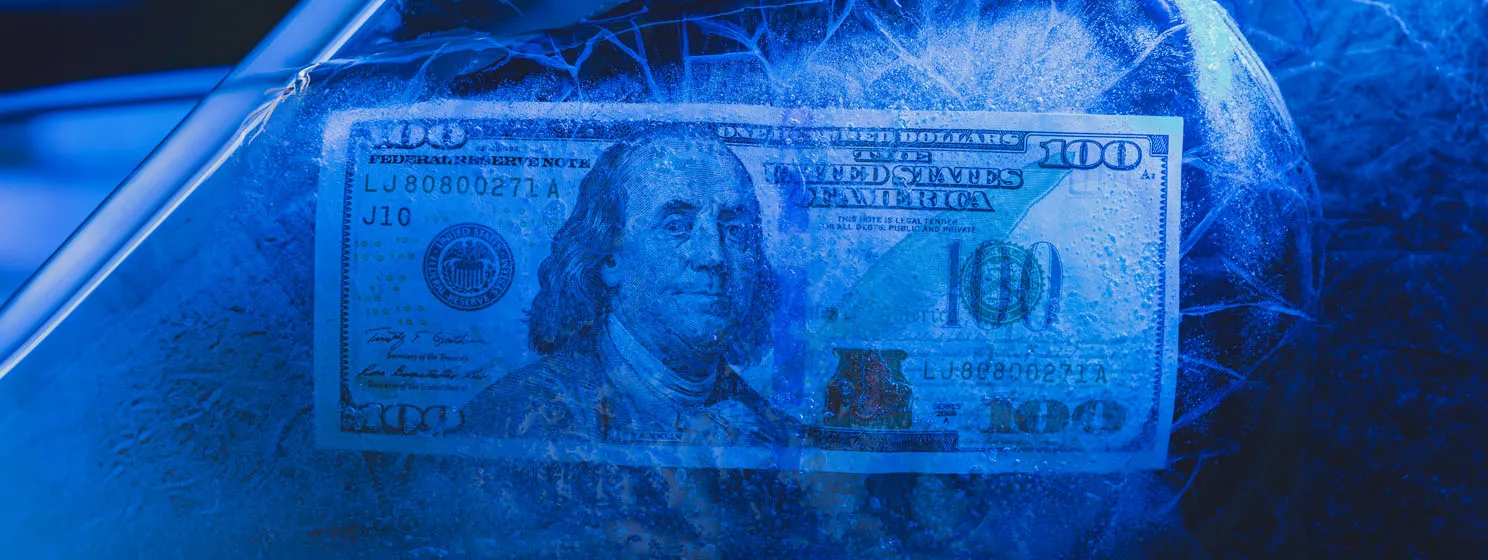
Telegram
Social media users more likely to invest in digital assets: study
The study by the University of Georgia found that half the respondents who used social media had invested in digital...
Africa’s 2024 in review: Adoption unfazed, regulatory reckoning
It was a year of regulatory reckoning for VASPs, which had operated unchecked in Africa for years. Meanwhile, BSV Association’s...
Africa’s digital asset Telegram groups boost adoption: report
A report by Bitget exchange found that Telegram leads in attracting digital asset users—mainly millennials—but is also a hub for...
Telegram reveals users IP addresses, CEO confirms
While Telegram is a centralized entity that can be handed legal orders, it must comply with regulations; many don't yet...
Telegram Wallet disabled in UK; PayPal targets businesses
The in-app Telegram Wallet says it disabled the services to seek regulatory clearance from the FCA, despite having been operational...
Telegram founder’s arrest slammed by darknet market fans
Telegram Founder/CEO Pavel Durov was detained as part of a probe opened on July 8 against a “person unnamed” for...
Recent
Trending
Most Views

 07-13-2025
07-13-2025 




